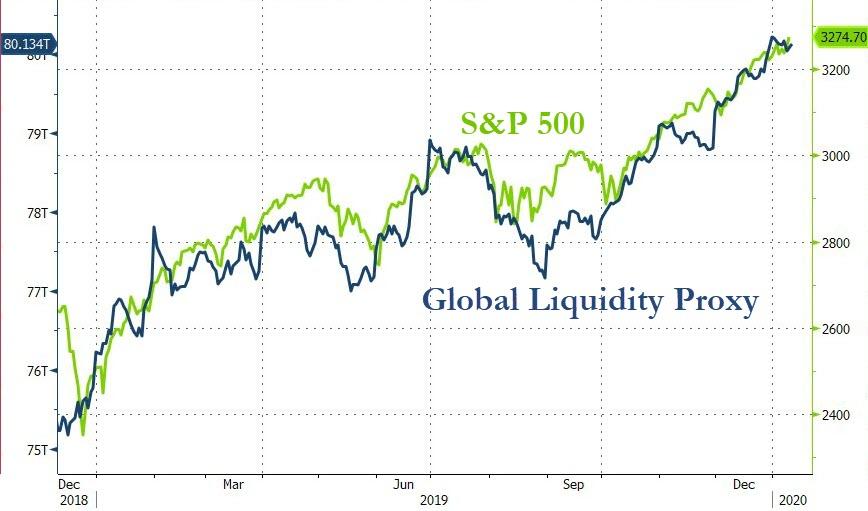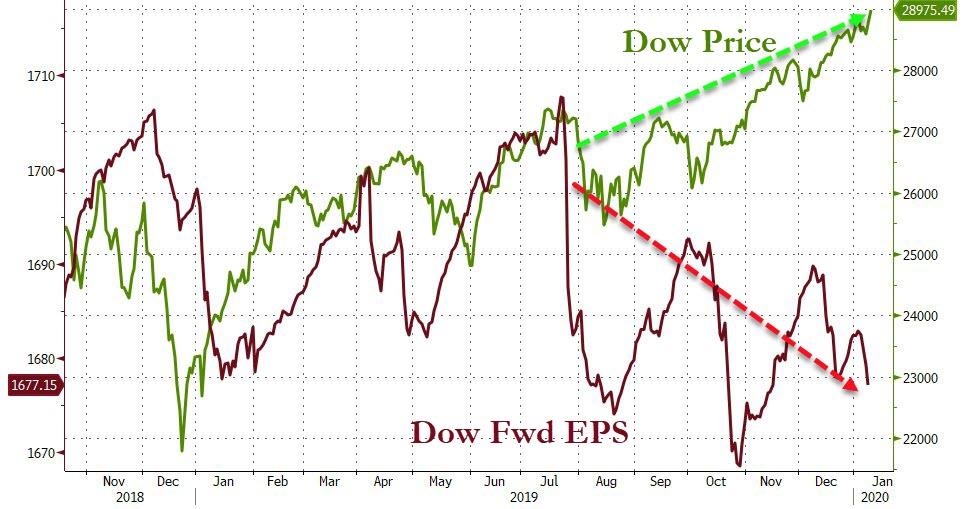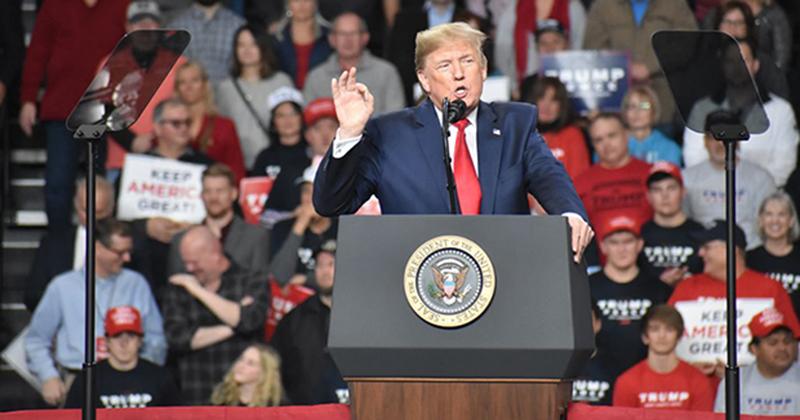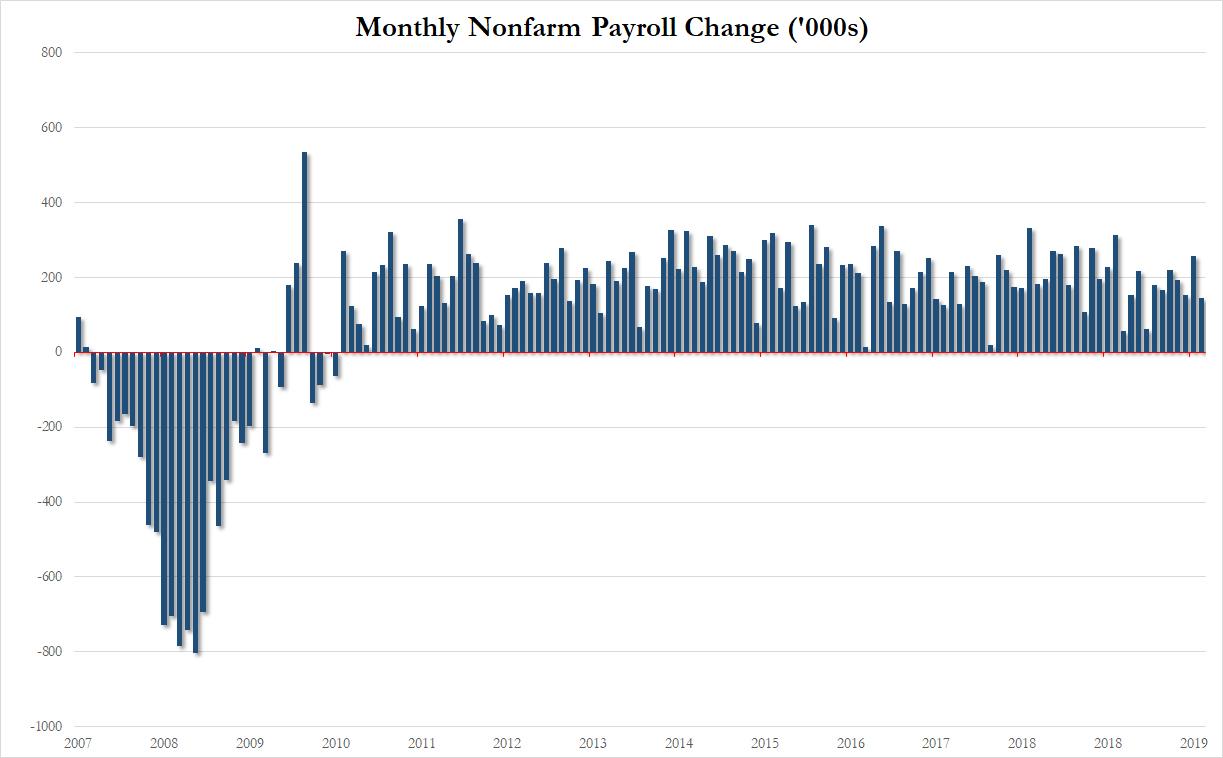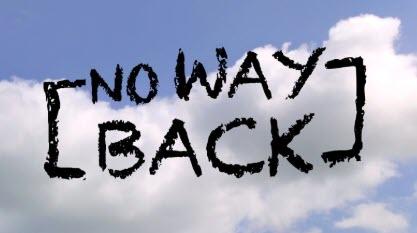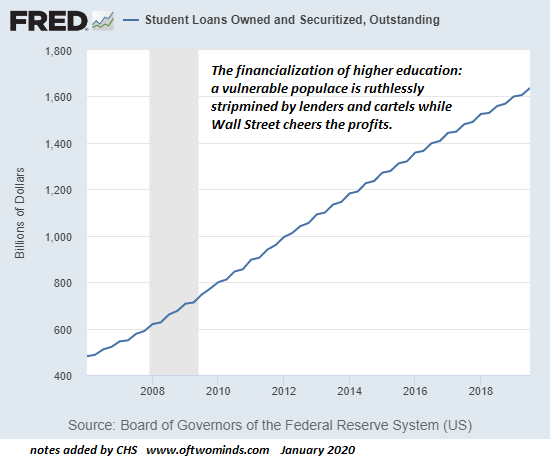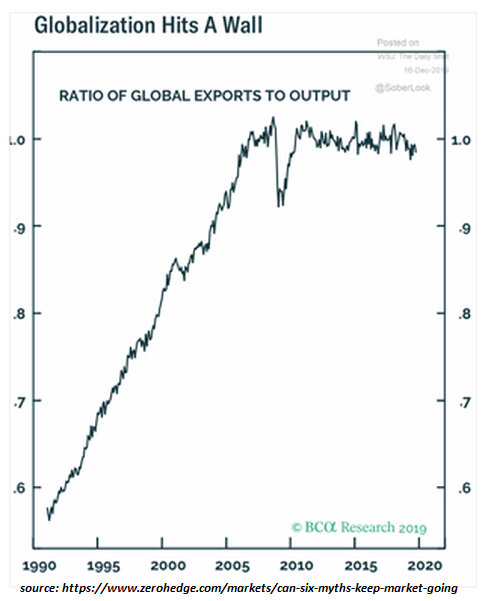Iraqi PM To Pompeo: US Must Establish Mechanism For Troop Withdrawal
Iraqi Prime Minister Adel Abdul-Mahdi, who is still serving in a ‘caretaker’ capacity, has informed Secretary of State Mike Pompeo that the US must establish a mechanism for the full withdrawal of remaining US troops in Iraq, which according to most estimates numbers around 5,000. Toward that end the Iraqi PM requested a US delegation be sent to work out such a plan.
According to the AP, Abdul-Mahdi made the request during a phone call with Pompeo on Thursday night. Specifically, the statement urged the administration to “send delegates to Iraq to prepare a mechanism to carry out the parliament’s resolution regarding the withdrawal of foreign troops from Iraq.”
Despite what appears a temporary de-escalation following Iran’s ballistic missile ‘counter-attack’ avenging the death of Qasem Soleimani, Abdul-Mahdi appears to have maintained his stance that the Americans should depart: “The prime minister said American forces had entered Iraq and drones are flying in its airspace without permission from Iraqi authorities and this was a violation of the bilateral agreements,” the statement continued.

Since the summer there’s been a growing political movement in Iraqi parliament to vote to formally expel the US military presence following the demise of ISIS, but most importantly after a series of unauthorized airstrikes on Iraqi soil targeting Shiite paramilitaries carried out by the United States and Israel.
At the start of this week, Iraq’s parliament did hold a largely symbolic vote to expel American forces which passed; however, despite international headlines suggesting it was a ‘done deal’, the reality is that it was merely a ‘non-binding’ though significant first step that could ultimately prove slow in realizing.
Despite the earlier confusion over a potentially leaked Pentagon letter which claimed to initiate immediate US troops withdrawal with the Iraqis, resulting in denials and confusion running through the chain of command, Secretary of Defense Mark Esper has since underscored that US troops will not be leaving Iraq.
And according to Axios, US officials attempted to halt the weekend Iraq parliament vote to expel American forces. “It’s our concern that Iraq would take a short-term decision that would have catastrophic long-term implications for the country and its security,” one unnamed Trump administration official was quoted as saying.
“But it’s also, what would happen to them financially,” the official told Axios. “If they allowed Iran to take advantage of their economy to such an extent that they would fall under the sanctions that are on Iran?”
Surprisingly, the administration has of late invoked the threat of sanctions on its ally the Iraqi government, despite for years propping up the post-Saddam political system and military.
Tyler Durden
Fri, 01/10/2020 – 09:48
via ZeroHedge News https://ift.tt/36IF8EB Tyler Durden
